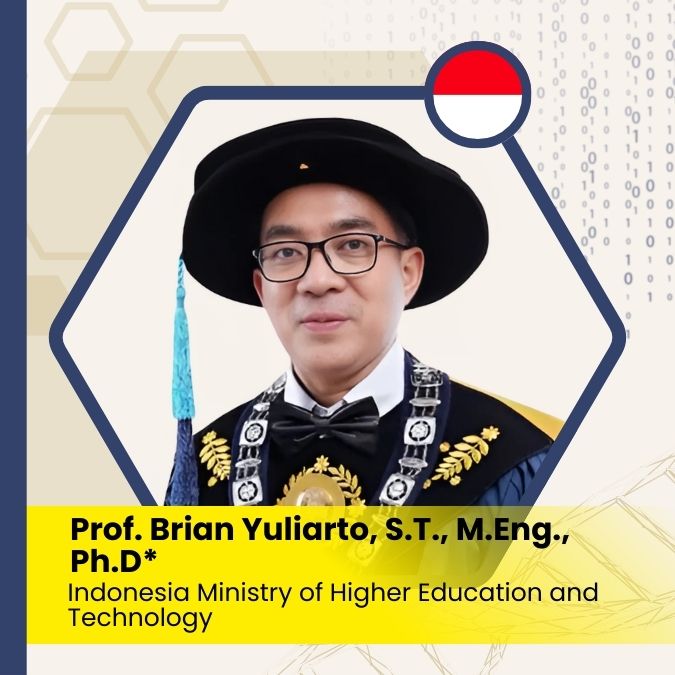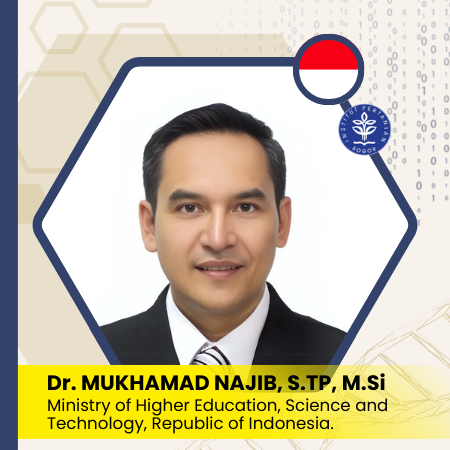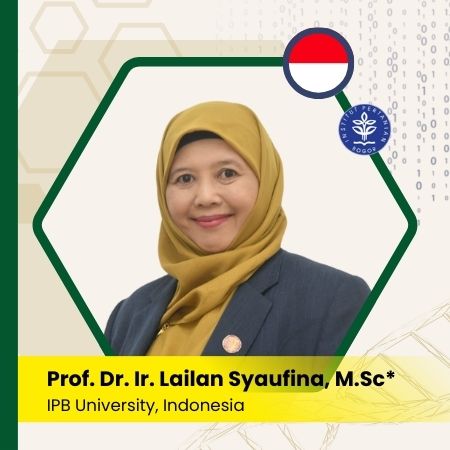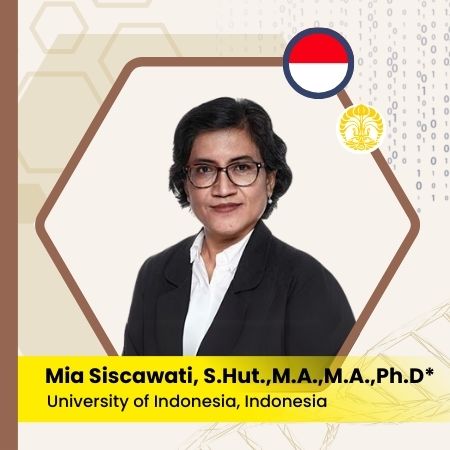Integrating Sustainability and Innovation in Maritime Vocational Education Through Stakeholder-Based Analysis
Keywords:
Maritime Vocational Education, Sustainable Engineering, Green Shipping, Curriculum Alignment, Industry InnovationAbstract
This research explores how maritime vocational education can be realigned to meet the evolving demands of sustainability, digitalization, and innovation in the marine industry. In the context of accelerating decarbonization goals, green shipping technologies, and ecological regulations, the maritime workforce must be equipped with relevant, forward-looking competencies. Using a qualitative-descriptive approach, this study analyzed the experiences of maritime professionals, lecturers, and graduates to evaluate two core indicators: Sustainable Engineering Integration and Stakeholder Innovation. Findings reveal high effectiveness and strong engagement across all groups in areas such as digital readiness, curriculum relevance, and innovation adoption. Lecturers are increasingly embedding sustainability into course content, graduates demonstrate strong digital and ecological competencies, and professionals are actively applying green technologies in maritime operations. However, gaps remain in institutional resources, experiential learning, and curriculum flexibility. The study contributes valuable insights into how stakeholder perspectives can inform curriculum transformation, bridge the education-to-industry gap, and enhance maritime vocational institutions as catalysts for sustainable marine development. It supports strategic reforms to ensure maritime education remains responsive, interdisciplinary, and impactful in preparing a future-ready workforce.






























